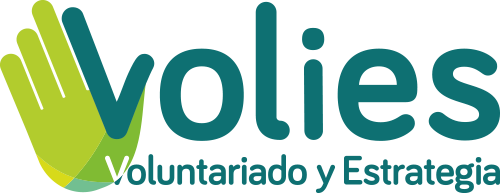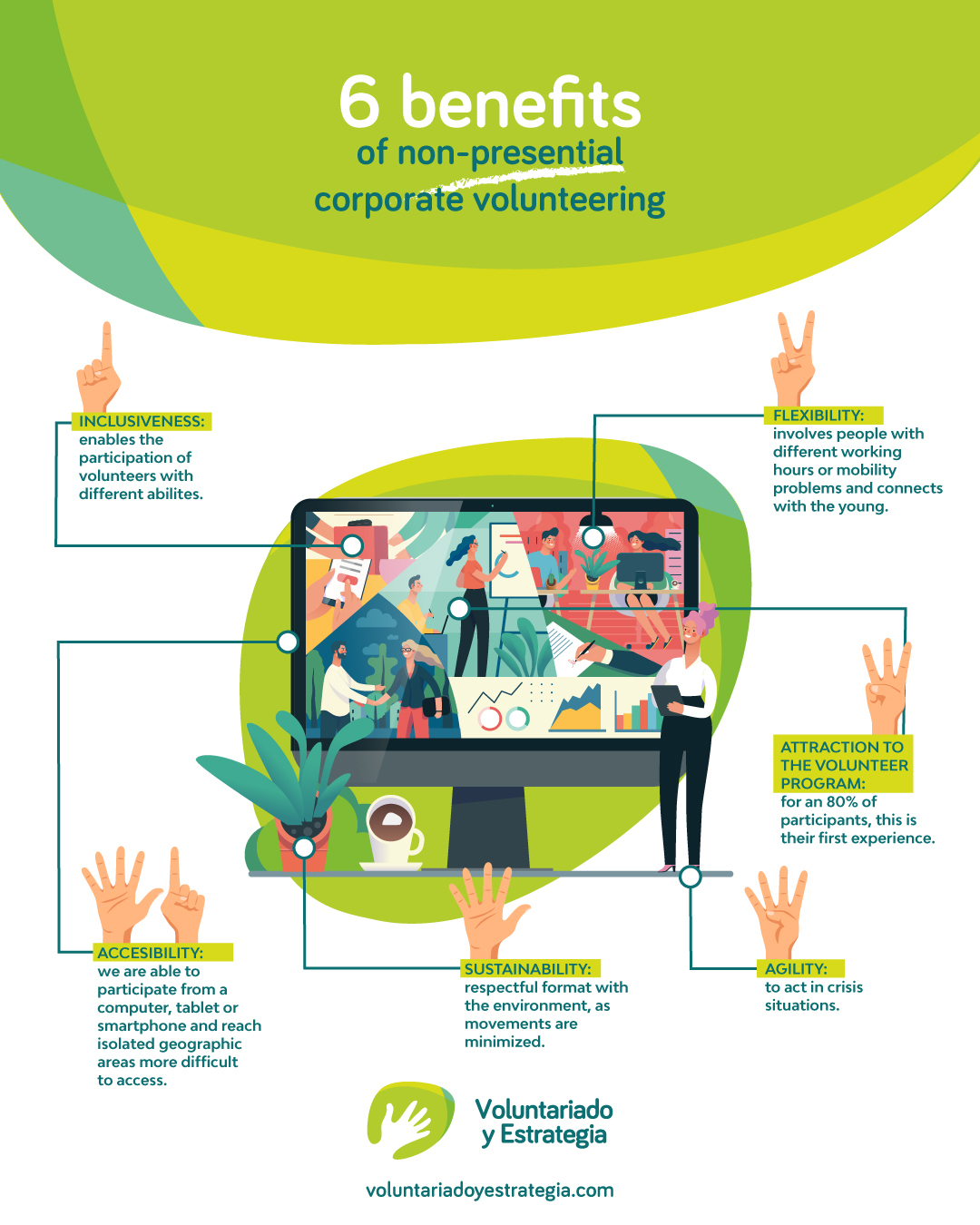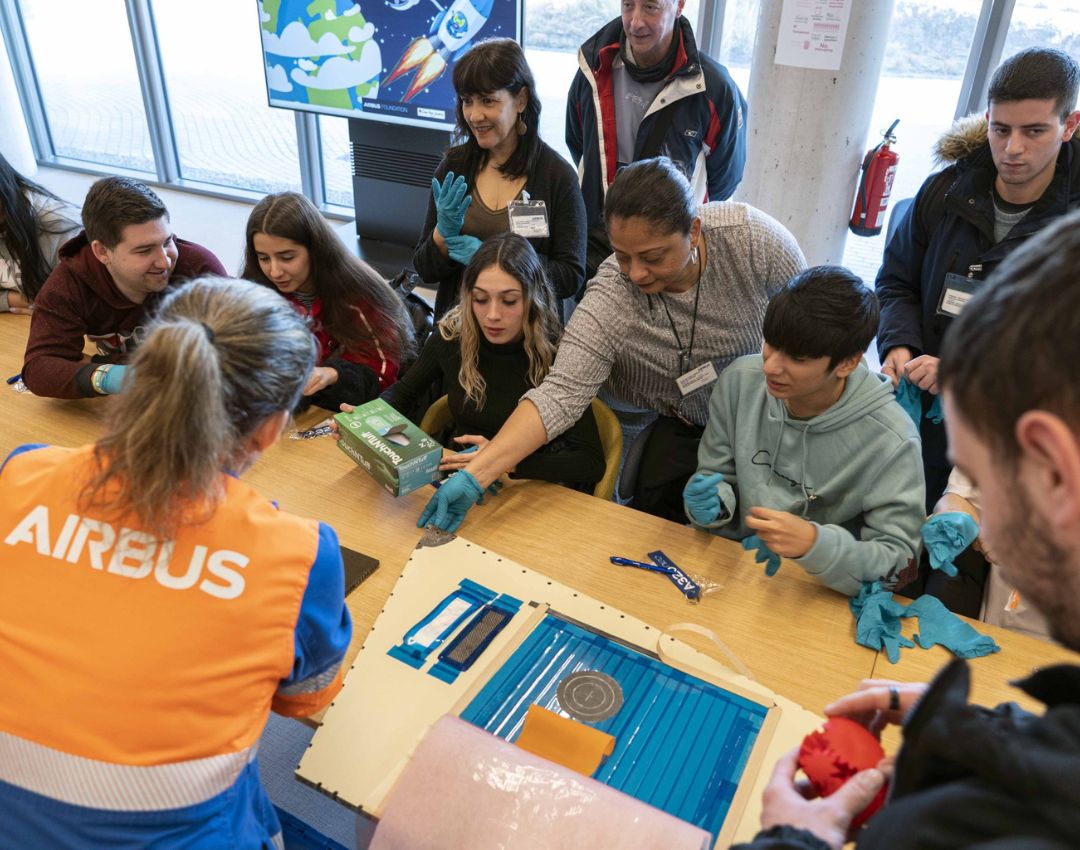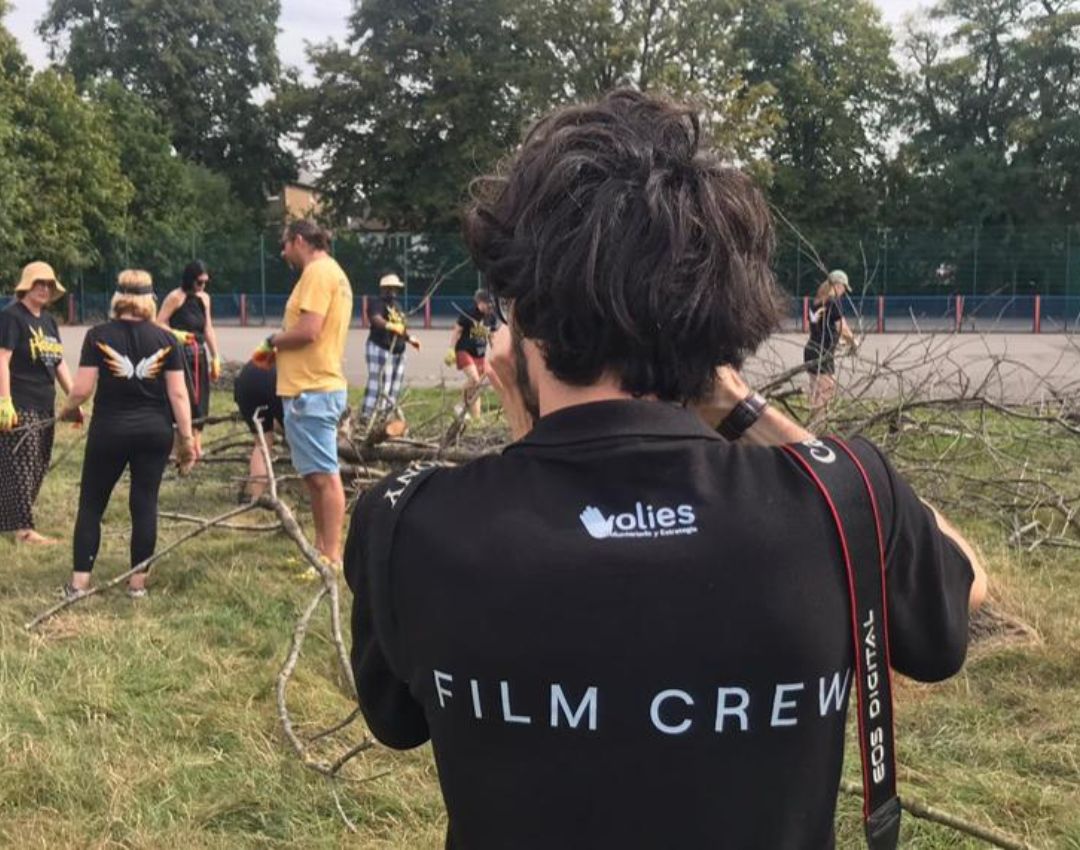These weeks, which are so exceptional in every way, seem to have brought to light, due to confinement, socio-labor aspects that for most are new, but that already have trajectories of years for other organizations. An example may be remote working and another one may be non-presential volunteering. In my opinion, both ways of working and volunteering have come to stay and establish themselves, regardless of how long the pandemic lasts. I will leave remote working for others, but I would like to write down several considerations about non-presential volunteering. Especially if we talk about corporate volunteering, since there are many companies which are contacting us these days to help them from Voluntariado y Estrategia to start this type of volunteering.
The most common format for face-to-face volunteering is what is known as virtual volunteering, which is nothing more than volunteering done online, through a computer, a tablet or a smartphone, supporting social causes through tasks, usually based on your skills, which you can be addressed with ICT (information and communication technologies) virtually. Although this is not the only way to be a non-presential volunteer, since there are multiple volunteer initiatives to carry out at home, and even with your family, without the need to move or with minimal movements.
In any case, I am not trying so much to explain what it is or to give a hundred examples, but to defend this type of volunteering, which has multiple virtues (not only in a pandemic), but which requires adequate planning and implementation to avoid the frustration of volunteers and the loss of the social impact that could be generated.
Why can it be very useful for a company to launch a strategic line of non-presential volunteering?
Firstly, because it allows us to act in crisis situations like the current one, this is clear, but, in addition, a key element is that it attracts new employees to the program. It is estimated that for 80% of the non-presential volunteers this is their first experience as volunteers.
In addition, it is very flexible for many people with schedules that prevent them from helping in another way, it makes volunteering easier for people with mobility problems, it allows us to connect better with young people, it is more respectful with the environment, and a long etcetera.
An important element is that we are talking about virtual volunteering, but the volunteers are not virtual, they are people of flesh and blood, with a great sense of solidarity, who want to lend a hand like everyone else, with expectations of helping and who will feel as frustrated as “real” volunteers if those expectations are not met. This is essential for the management of a corporate volunteer program.
What keys must be kept in mind to start a non-presential volunteering program?
As noted earlier, the non-presential volunteer may have the same motivations and demands as any other volunteer. However, it is not easy to find volunteer opportunities in which they feel that they are being useful, that they are part of or support a cause that motivates them, that there is someone on the other side who benefits from their help and that their work is appreciated. These kinds of issues are clearer when they have the opportunity to look someone in the eye who they help and who thanks them. Therefore, we must:
- Work extensively with NGOs to determine in which areas non-presential volunteers can intervene, perfectly defining what is expected of them.
- Make sure that volunteers have the right knowledge and skills.
- Understand the volunteers motivations.
- Involve these volunteers, as far as possible, in the definition of tasks and responsibilities.
- Emphasize the mission and the impact that the NGO pursues, so that they feel identified with their cause, giving them a superior sense, beyond occasionally connecting to a computer.
- Supervise that everything is following the established process, that deadlines are met, that NGOs respond diligently, identify and prevent potential problems, and support volunteers for issues that require it.
- Recognize their work even more than face-to-face volunteers, because many times they will not have that personal contact with the NGO or the beneficiaries.
- Give them feedback on their work, the work of the NGO or the results achieved so that they can feel that they are part of something great.
All this does not arise spontaneously, but rather, as managers of a corporate volunteer program, we must ensure that we take care of all those details. For this reason, if you are going to launch a non-presential volunteering line, and I think that no one doubts that it is something that all the great corporate volunteer programs will incorporate, from Voluntariado y Estrategia we can help you to:
- Have an adequate strategy so that the non-presential volunteering line has a clear objective and purpose.
- Know how to mobilize the volunteers, who as I noted earlier, will often be employees which haven´t been part of the program until this moment.
- Identify volunteer opportunities and the right NGOs.
- Ensure knowledge of the context of the beneficiaries they are going to help, even through an indirect way, as they will not be able to be in situ with them.
- Establish communication routines between the leader, the group and the NGOs.
- Identify the leaders of the virtual program.
- Train the volunteers.
- Identify the right tools.
- Evaluate both the satisfaction of the volunteer and NGO, as well as the impact generated.
- Explore the possibility of collaborating with other companies.
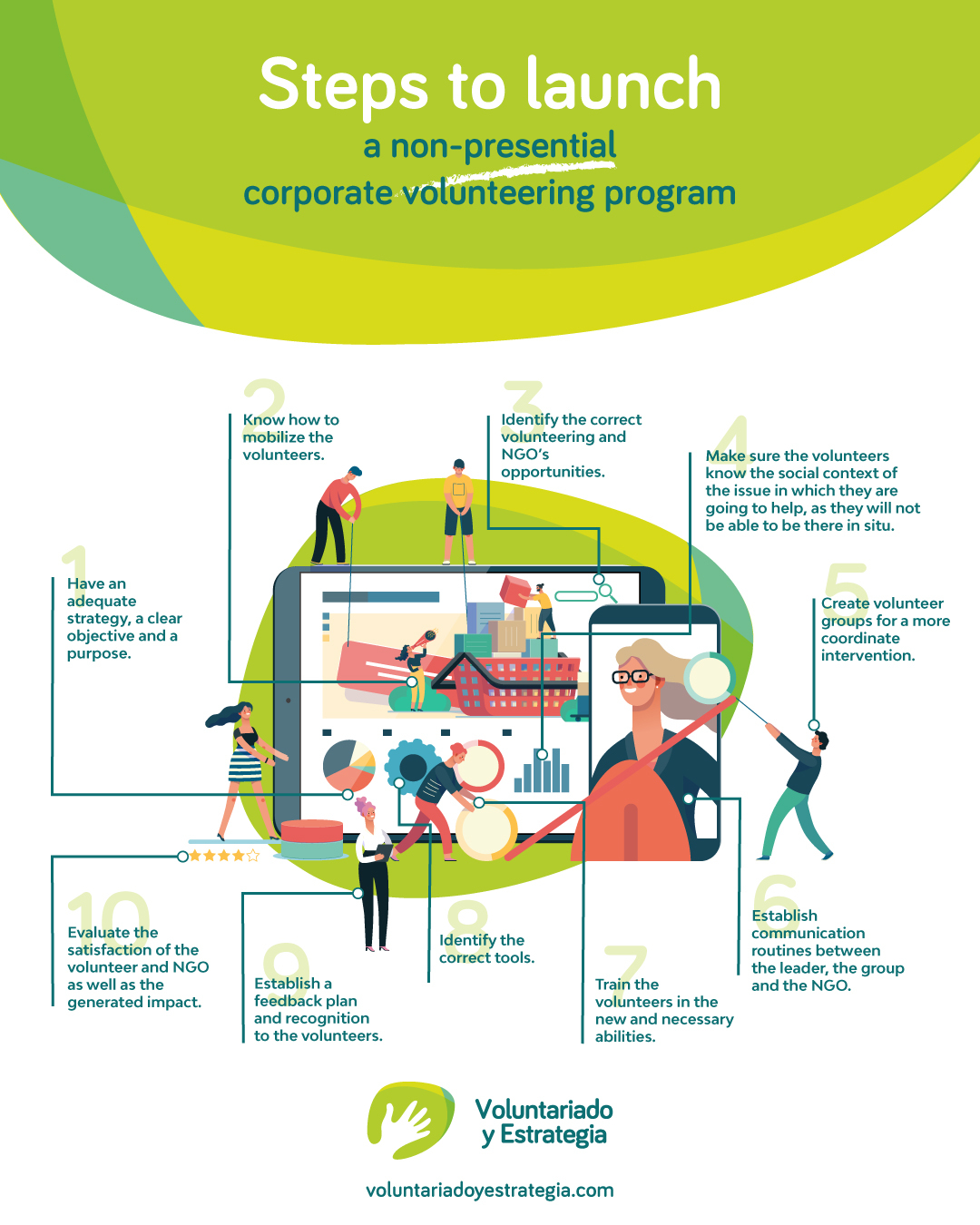 Non-presential volunteering is here to stay and I think it is good that we understand this. Of course, it will not replace other forms of volunteering, but it will not end as soon as the pandemic ends. But for it to be successful, it is essential that we understand the keys and dedicate the appropriate resources.
Non-presential volunteering is here to stay and I think it is good that we understand this. Of course, it will not replace other forms of volunteering, but it will not end as soon as the pandemic ends. But for it to be successful, it is essential that we understand the keys and dedicate the appropriate resources.
